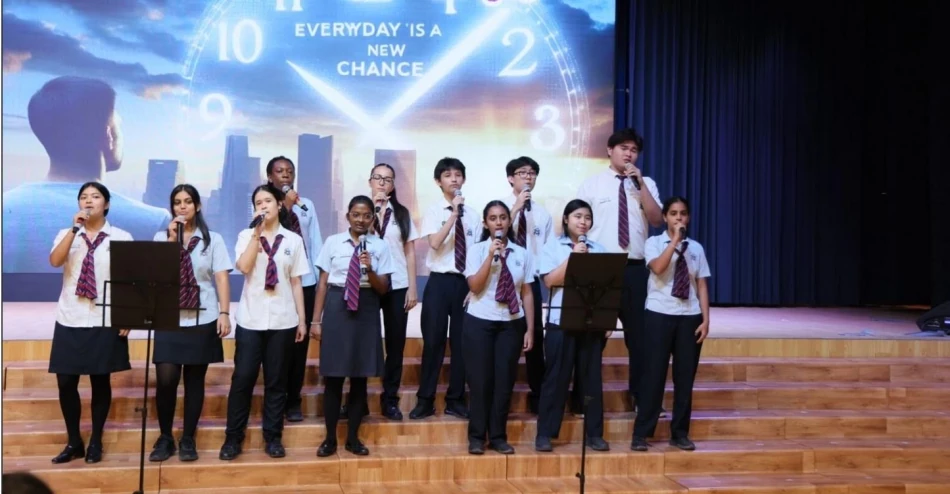
Empowering Arabic and Islamic Education: 700 Experts Lead Curriculum Transformation
UAE Doubles Down on Arabic and Islamic Education to Strengthen National Identity Amid Global Competition
The UAE is intensifying efforts to preserve its cultural and religious heritage through education, as 700 teachers and experts gathered at the third Arabic Language and Islamic Education Conference 2025 in Dubai. This teacher-led initiative reflects the nation's strategic push to balance rapid modernization with deep-rooted identity preservation, positioning cultural education as a cornerstone of the UAE Vision 2031.
A Strategic Response to Cultural Dilution Concerns
The conference, hosted at GEMS Winchester Jumeirah Primary School in Dubai, brought together representatives from the Ministry of Education, Dubai's Knowledge and Human Development Authority (KHDA), Sharjah Academy for Education, and various educational institutions. This collaboration signals the UAE's recognition that maintaining Arabic language proficiency and Islamic values requires coordinated action across all educational sectors.
The timing is significant. As the UAE continues its transformation into a global business and tourism hub, with over 85% of its population being expatriates, concerns about cultural preservation have intensified. The conference represents a proactive approach to ensuring Emirati identity remains strong despite rapid demographic and social changes.
Innovation Meets Tradition
What sets this initiative apart is its embrace of cutting-edge technology to teach traditional subjects. The conference featured workshops on integrating artificial intelligence into Arabic and Islamic education, interactive sessions to strengthen family-school partnerships, and Arabic poetry evenings that blend cultural appreciation with modern presentation methods.
Dr. Hanada Kanbar, Founding President of Education at Sharjah Academy for Education, emphasized that the conference has become "a platform for celebrating inspiring experiences that enhance belonging and unleash imagination." This approach reflects a sophisticated understanding that cultural preservation requires innovation, not isolation.
Learning from Global Models
The UAE's approach mirrors successful cultural preservation strategies seen elsewhere. Singapore's bilingual education policy and Quebec's French language protection measures demonstrate how nations can maintain cultural identity while pursuing economic modernization. However, the UAE's integration of AI and modern pedagogy into traditional subjects represents a unique model that other Gulf states are likely to study closely.
Economic and Social Implications
This educational focus carries significant implications beyond cultural preservation. A population fluent in Arabic and grounded in Islamic values can better serve the UAE's growing role in Islamic finance, halal industries, and cultural tourism. The initiative also addresses concerns among Emirati families about their children's connection to local culture in an increasingly internationalized environment.
Meenakshi Dahiya, Principal of Winchester Jumeirah Primary School, highlighted the conference's role in "elevating Arabic and Islamic studies as fundamental pillars of educational excellence," while supporting the UAE's vision as "a beacon of innovation and quality in education."
Building Educational Leadership
The teacher-led nature of this conference is particularly noteworthy. Rather than top-down mandates, the UAE is empowering educators to drive change from within classrooms. This approach increases the likelihood of sustainable implementation and creates a network of advocates for Arabic and Islamic education across the country's diverse school system.
The annual nature of this conference suggests the UAE views this as a long-term strategic priority rather than a temporary cultural initiative. As the nation prepares for its next phase of development toward 2031, maintaining strong cultural foundations while embracing global connectivity appears to be a key element of its competitive strategy.
This balanced approach—preserving heritage while embracing innovation—may well become a model for other rapidly developing nations facing similar challenges between modernization and cultural preservation.
Most Viewed News

 Sara Khaled
Sara Khaled






